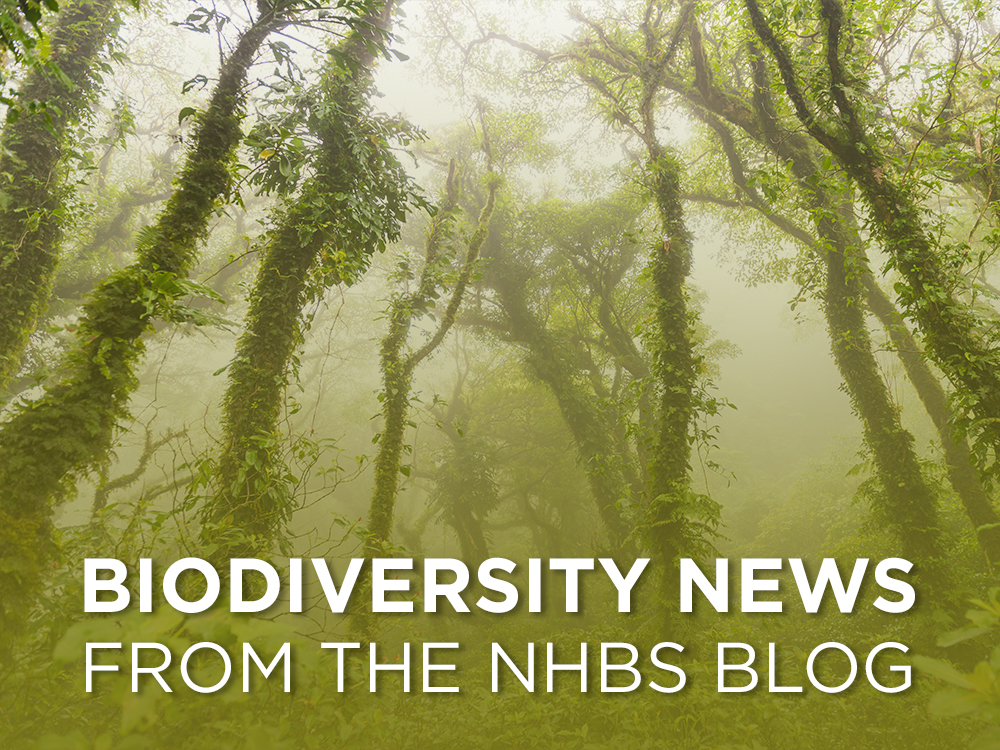Policy
The European Parliament has voted to ban ‘fly shooting’ fishing in a part of the Channel. This technique, also known as demersal seigning, involves towing weighted ropes along the seabed at either end of a net, which then encircles and captures entire shoals of fish. Fly shooter vessels catch up to 11 times more fish than inshore fishing vessels and have a devastating effect on the marine ecosystem, biodiversity and local fishers. This decision is seen as a victory for small-scale fishers but it will also help reduce the damage caused to the seabed and marine ecosystems in the Channel.
A strategy designed to halt biodiversity loss across North Dublin by 2030 will not be achieved in full due to a lack of funding. Fingal County Council has completed the public consultation on its draft Biodiversity Action Plan 2022-2023, but has stated it would cost €4 million annually to implement and therefore two-thirds of the programme will not be achieved by the EU 2030 deadline. The funding gap is stated to be due to other competing priorities, such as housing, roads, sports and community facilities.
Climate change
Experts are stating that the UK is no longer a cold country and must adapt to extreme heat to prevent thousands of deaths. A specific heat risk strategy must be drawn up by the government, as well as updating housing stock and ensuring that new builds can cool down in hot weather. Scientists are urging governments to work quickly to phase out fossil fuels and reach net zero emissions, as climate change is driving heatwaves, making them hotter, last longer and become more frequent. This comes after warnings that the UK, and countries across the world, could see heatwaves for the rest of summer.
Plastics
UK households recycle only 12% of single-use plastics, disposing of nearly 100 billion pieces of plastic packaging a year. A new survey by Greenpeace is one of the largest voluntary research projects on the scale of plastic waste and it asked households to count their plastic waste for one week in May. Almost 250,000 people from around 100,000 households took part and showed that the largest proportion of plastic waste was from food and drink packaging at 83%. The most common item was fruit and vegetable packaging. On average, each household threw away 66 pieces of plastic packaging in one week.
Pollution
The Environment Agency (EA) is calling for water company bosses to be jailed for serious pollution. Shocking levels of pollution occurred in the last year, with 62 serious incidents of pollution in 2021. The EA has stated that chief executives and board members of companies responsible for the most serious incidents should be jailed and that courts should impose much higher fines. Only three water companies received the highest rating of four stars for their pollution performance. The rating takes into account the number and severity of pollution incidents, as well as self-reporting and the use and disposal methods of sewage sludge. Two companies, Southern Water and South West Water, were given the lowest rating of one star.
Conservation
3D printed reefs are being used to restore marine biodiversity. WWF Denmark and Ørsted have been testing how structures made of 70% sand and 30% pozzolanic cement (a combination of volcanic ash and portland cement) could be used to create new habitats for fish and other wildlife in the Kattegat strait between Denmark and Sweden. Twelve of these structures have been deployed between the wind turbines at Anholt Offshore Wind Farm, and it is hoped that they will help reverse the decline of cod stock in the Kattegat.
Bison have been released into the wild in the UK. Wild bison are ecosystem engineers and can help to restore biodiversity in woodlands through their natural behaviours, such as felling trees by rubbing against them and grazing. This is hoped to provide a nature-based solution to tackling the climate and biodiversity crisis. The releases are part of a five-year project led by Kent Wildlife Trust and the Wildwood Trust. The next steps include introducing Exmoor ponies, Iron Age pigs and Longhorn cattle.
Contraceptives are being given to grey squirrels in an attempt to control their population and allow red squirrel populations to improve. Grey squirrels are a non-native species first introduced from North America in the 19th century. They cause significant damage to UK woodlands as they strip the bark from trees, and they tend to target younger trees that are typically between 10-50 years old, either killing them or maiming them and leaving them vulnerable to pests and diseases. Culling has not been found to be a sufficient control measure, therefore it is thought that using contraceptives, which have longer-lasting effects, may be more effective.
Young Maori divers are hunting invasive crown-of-thorns starfish to save coral reefs. The species, also known as taramea, feed on coral reefs and, when there are too many individuals, can destroy reef habitats. Korero O Te `Orau, a local environmental organisation, has been training young Maori people in scuba diving to remove taramea from the reef and bury them inland. The recent outbreak of this species around the island of Rarotonga in the Cook Islands could jeopardize the survival of the surrounding coral reef if not tackled properly. More than 3,700 taramea have been collected so far.
Research
Great white sharks might change their colour when hunting prey. Researchers conducted experiments off of South Africa using a specially designed colour board with white, grey and black panels. Each shark was photographed as it jumped out of the water at the panels, with the experiment being repeated throughout the day. One particular shark appeared to be both dark grey and a much lighter grey at different times. The results were verified using computer software to correct for variables such as weather, light levels and camera settings. While the research has not yet been validated and published in a scientific journal, experts are still excited about the results.

